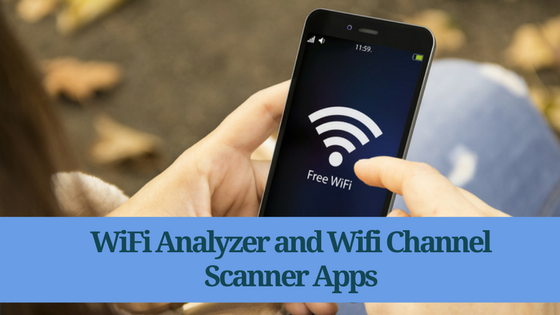

The Apple App Store doesn’t offer apps designed to show live dBm readings. However, things are a little bit more complicated for Apple users. How to Check Cell Signal Strength?Īndroid users can use either method. For those closer to -120 dBm, a signal booster or repeater will help improve your service. The closer you are to -50 dBm, the better your signal. They don’t fluctuate based on carriers or manufacturers.
-110 to -120 dBm = very poor signal or a dead zone (0 to 1 bar).ĭBm readings are not subjective. -100 to -109 dBm = poor signal (1 to 2 bars). -90 to -99 dBm = average signal (2 to 3 bars). -80 to -89 dBm = good signal (3 to 4 bars). -50 to -79 dBm = great signal (4 to 5 bars). Decibels with respect to one milliwatt, known as dBm, accurately define signal strength.Ĭell signal strength ranges from -50 dBm to -120 dBm for all cellular devices. They’re a logarithmic signal unit used to calculate signal loss or gain. So, How Can I Get Accurate Signal Readings?ĭecibels (dB) are the best way to measure your cell phone signal strength. There’s no standard.Ĭarriers and phone manufacturers decide what 1, 2, 3, 4, or 5 bars represent for their service or device. Don’t Trust Your Signal Barsĭespite having the EXACT same signal and performing at the EXACT same speeds, four bars on a Verizon might be three on AT&T or two on T-Mobile. 
Luckily, there are lots of cell signal analyzer apps that can easily and quickly identify your cellular signal strength.īefore we get into our top app recommendations, a little lesson.






 0 kommentar(er)
0 kommentar(er)
